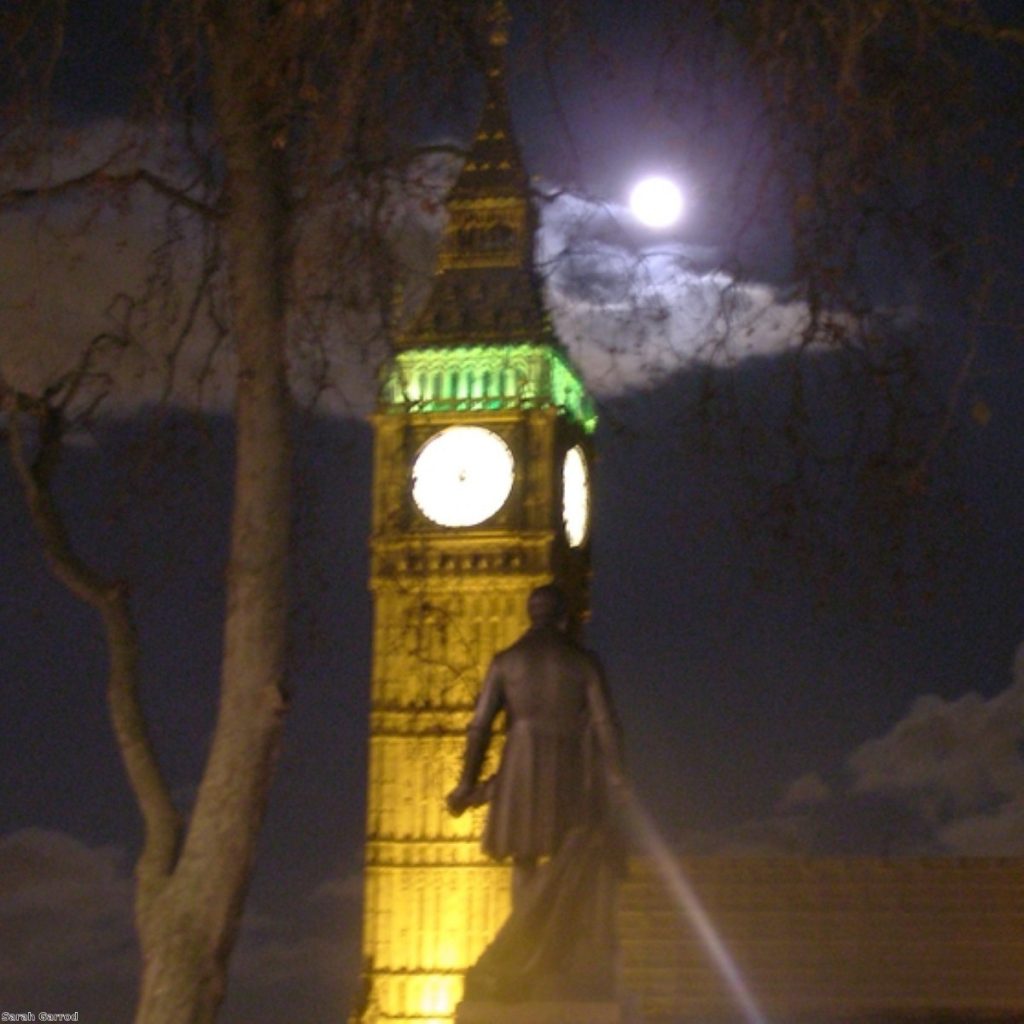Parliament’s drift into irrelevance
Parliament is becoming less and less relevant to members of the public, as new research confirms growing disillusionment about the performance of MPs.
The Hansard Society’s annual audit of political engagement found just 19% of people view parliament as one of the top three institutions on their everyday lives.
This 11% slip on 2004 levels is matched by the eight per cent rise in public dissatisfaction with MPs since then, which now stands at 44%.


How to vote: Making the choice
“There is no silver bullet to resolve the public’s lack of trust in MPs and dissatisfaction with how they do their jobs,” Ruth Fox of the Hansard Society said.
“The public have long been sceptical about the motives of politicians and the expenses situation has merely confirmed their views.
How to vote: Getting registered
“But the fact that the public now perceive parliament to be a less relevant institution than previously is a worrying development that the new intake of MPs after the election must address.”
Today’s report contained some grains of comfort for politicians in Westminster, however.
Sixty per cent still thought parliament was “worthwhile” and overall trust in politicians only declined by one per cent on 2004 levels.
Comment: The importance of being involved
As this fall was from 27% to 26%, however, the Hansard Society suggested it was because levels of trust in politicians were already hopelessly low.
MPs plan a wave of reforms to be implemented after the general election to improve the way the Commons works, but there are concerns the delay in introducing these measures will affect turnout on polling day.
Three-quarters of those questioned said it was their duty to vote, but only 55% said they were certain to vote. The Hansard Society predicts that if this theoretical gap becomes reality it could result in a six-point slump in turnout, which in 2005 reached 61.4%.
“The MPs’ expenses scandal merely confirmed and hardened the public’s widely held scepticism about politicians rather than changed their views,” the report explained.
Concerns about turnout in the 2010 election were raised by the Electoral Commission today, as its report into voter registration showed that over half of young people aged 17-24 have not yet registered to vote.
Black and young people ‘may not be able to vote’ in general election












